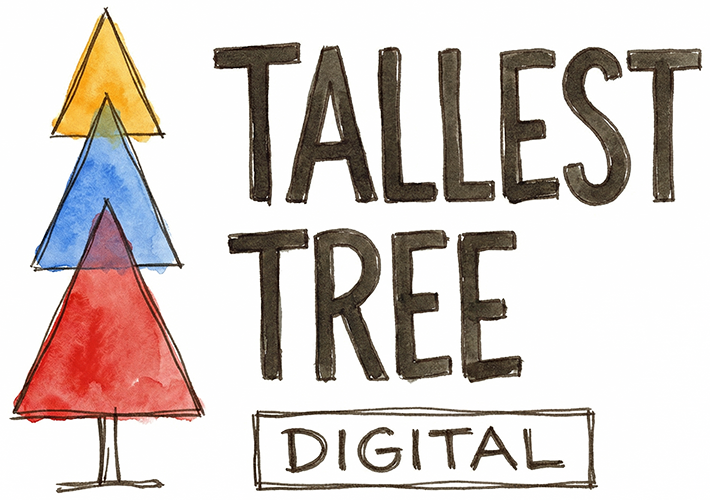I recently signed up for a trial subscription of The Boston Globe. I don’t want to continue my service, so I visited the Boston Globe website and signed into my account to cancel the renewal. But of course, that would be too easy.
Try as I may, there was no way to cancel my subscription via The Globe’s account settings page.
So I resorted to using Google. I searched for “unsubscribe from the boston globe” and the first link brought me to a page that said:
We accept cancellations for digital and home delivery subscriptions by phone only.
Why does The Boston Globe accept cancellations only over the phone? The answer is of course because they want to give you the hard sell before they let you go. “Get another six months for only $5.99″ or maybe “For just $19.99 you can get 12 weeks of the Sunday edition along with a tote bag.”
This is, of course, an awful customer experience. Similar to the song and dance you go through every 12 to 24 months to bring your cable bill back down to the introductory subscriber rate. We all hate these phone calls.
The Globe also realizes this, in fact, they are counting on it. Our hatred of these call means we’re unlikely to make these unpleasant phone calls to begin with. Essentially, The Boston Globe is forcing you to make a calculation: do I spend 10 minutes having an unpleasant conversation, or just fork over another $4.99?
But this means there are no longer in the business of selling newspaper, instead, they’re holding your credit card information ransom at the bar end of an annoying and degrading phone call.
This practice is not unique to The Boston Globe, in fact, is become all too common in the newspaper business. It’s become so common, it’s one of the reasons why consumers are hesitant to subscribe to any newspaper. They assume it’s a lobster trap—it’s easy to get in but it’s almost impossible to get out.
This practice violates one of the four credibility factors identified by the Nielsen Norman Group’s Jakob Nielsen. That factor is called “upfront disclosure.” I find this to be awkward phrasing, but it’s a way of stressing not only being honest, but also totally open and straightforward with website users. This means not omitting key information, no fine print, no tacking on fees or extra charges, and it especially means making it easy to cancel your account or delete your data.
A “cancel by phone only” policy doesn’t even pass the sniff test.
By contrast, The Washington Post makes changing your account incredibly simple. By logging into their website you can cancel your account, suspend your account, change your payment options, or do anything else that a consumer would expect to be able to do on any modern, non-hostile website.
Similarly, Google has worked hard to fight against the perception that it is a lobster trap for data by making it easy for consumers to permanently delete accounts and personal information. I can recall when this was started many years ago by an internal Google effort called the “Data Liberation Front.” This group worked as an internal evangelist team dedicated to the notion that users should be able to control their data, which included deleting it entirely.
This may seem counterintuitive at first, but it makes sense that consumers are more likely to use the entrance to your product if there are clearly marked exits.
We should all audit our own businesses for practices similar to this. You may not be doing something as blatant as the Boston Globe’s policy, but you may be making it harder for customers to leave, thereby making it less attractive for new customers to enter into a new relationship with you.
One practice we’ve identified in our own business is web hosting. Even though we support it for a few legacy accounts, we no longer offer hosting to any of our clients. That’s because we never want clients to feel like they have to continue with us because we are holding their website hostage. So even though it may take longer for both us and the client to set up web hosting under their own name, we find it’s worth the greater upfront costs to give our clients a greater sense of security and the feeling of true ownership over their own sites.
We want clients to know that they can walk away from us at any time. It’s always better for each client engagement to stand on its own merits and not to be influenced by long-term contracts or other hostile business practices. That way every engagement has a clear sense of mutual benefit, rather than lamentable obligation.
We never want to plant the seed of doubt in a client’s mind as to whether they are staying with us because our work is good or because we have some leverage over them.
Long-term customer relationships are not built on “cancel by phone only” policies. That’s the kind of tactic employed by a jealous boyfriend, not a self-confident business.
So be confident in what you provide to clients or customers, and leave the lobster traps to fishermen in Maine.





